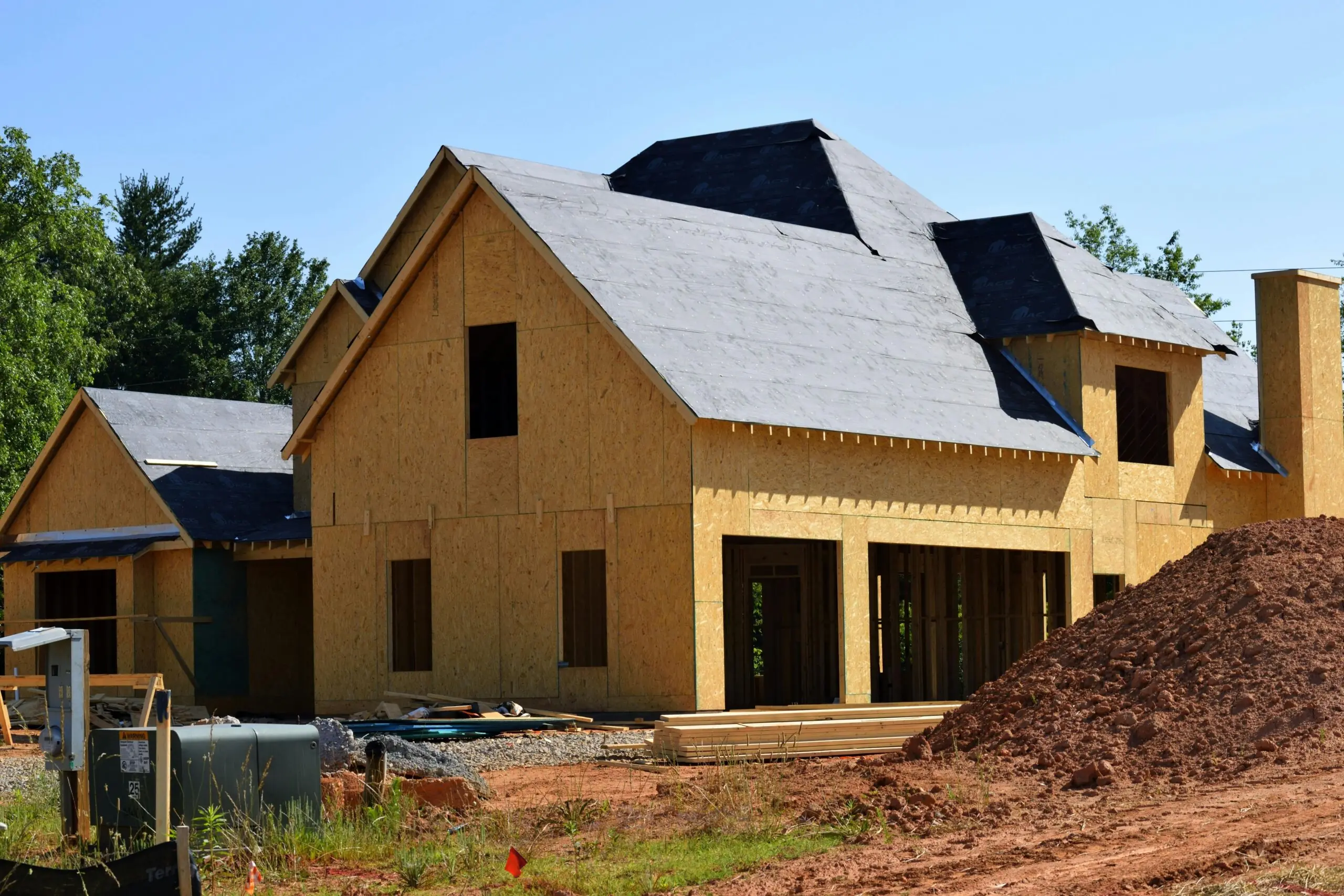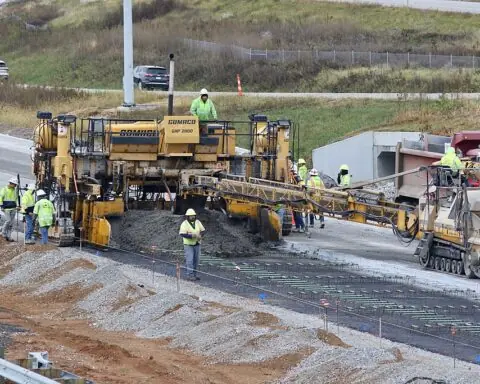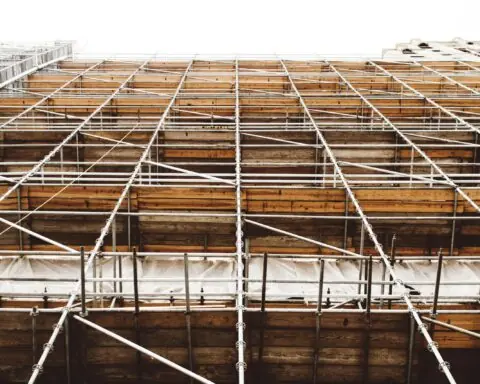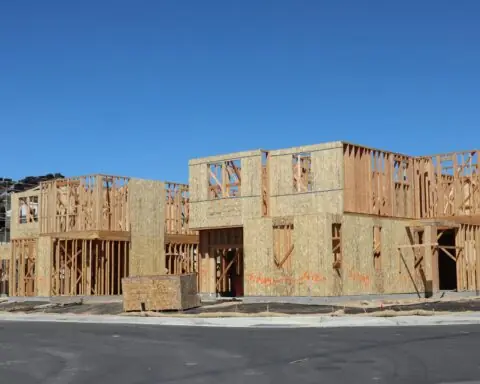The city of Philadelphia has passed the landmark Housing Opportunity Made Easy (H.O.M.E.) Plan, investing $2 billion to preserve, build and restore 30,000 housing units.
Affordable housing has been one of the most pressing concerns for city residents for years as the housing crisis continues to worsen. The average cost of living has risen in recent years, resulting in around half of residents being cost burdened and unable to afford the median rent. Underserved communities – predominantly composed of people of color – are disproportionately impacted by skyrocketing rent and a lack of adequate housing.
The H.O.M.E. Plan details a roadmap to produce a housing market that both ensures every resident has access to housing that is resilient, safe and high-quality. As part of its push to raise the standard for housing, the City Council approved an $800 million housing bond measure to supplement the plan. These funds will go toward anti-displacement measures, supporting programs designed to help tenants avoid eviction and keep homeownership accessible.
Programs supported through the housing initiative will be designed to support:
- Home preservation initiatives to ensure all homes are in a state of good repair with functional basic systems, utilities and infrastructure.
- Affordable home accessibility by financing homeowner’s insurance and mortgages at below-market rates.
- New housing development by reducing construction costs, utilizing unused land and providing new sources of funding.
- Better, more efficient city services.
- Housing stability and homelessness prevention by supporting renters during unexpected events.
- Increased home and community resiliency during natural disasters.
- Efforts to mitigate blight and vacancy in local communities.
- Staffing and capacity to ensure administrative needs are capable of meeting resident demand.
The city will start by issuing $400 million in bonds in Fiscal Year 2026, with the goal of building 13,500 new homes and preserving 16,500 existing homes. The plan directs all city departments to make housing a priority, ultimately working toward addressing housing instability and homelessness, improving economic mobility and strengthening support systems.
Several zoning bills were approved as part of the housing initiative to better combat systemic issues preventing residents from having stable housing. These bills – designed to break down barriers, streamline processes and accelerate housing development – include measures to eliminate parking minimums in zoning designations and create a new zoning type for duplexes.
Photo by Pixabay













